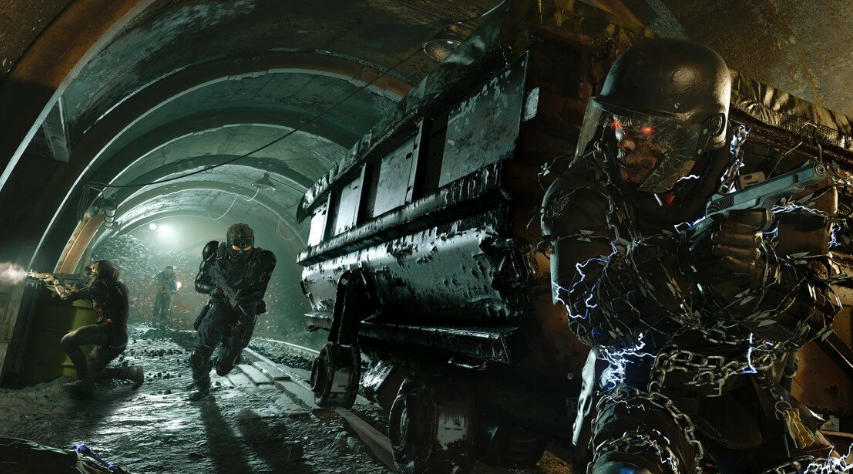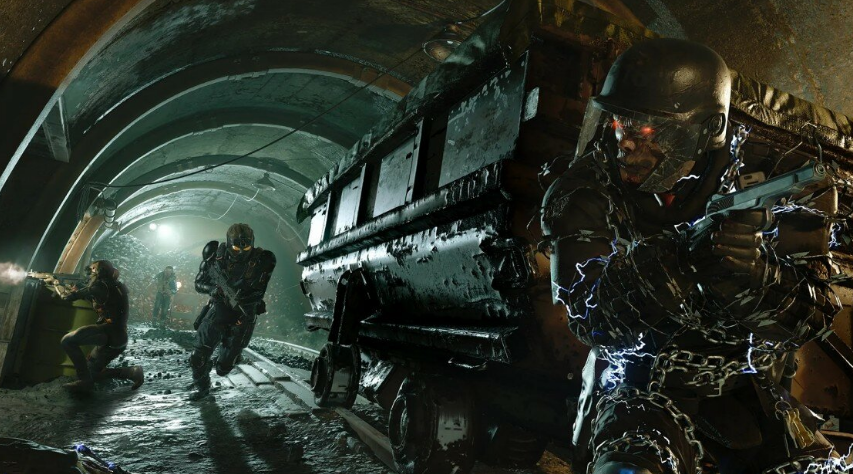
Activision Blizzard has submitted a detailed 150-page defense against allegations that its game Call of Duty influenced Salvador Ramos, the perpetrator of the 2022 Uvalde school shooting. The company strongly refutes these claims, emphasizing its commitment to freedom of expression and the artistic value of its content.
The lawsuit, filed in May 2024 by the victims’ families, alleges that Ramos was excessively immersed in Call of Duty: Modern Warfare and was inspired by specific levels in the game. They further argue that Instagram exposed Ramos to gun advertisements, normalizing violence and firearms as tools for resolving conflicts among impressionable youth. These claims aim to establish a connection between the shooter’s actions and the media he consumed.
In its response, Activision highlights that Call of Duty is a creative work based on military realism, comparable to war films and television series. The company invoked California’s anti-SLAPP laws, which protect public interest speech and creative works from frivolous lawsuits. Activision argues that its game is not designed to incite violence but rather to provide a cathartic, immersive experience for players. It also stresses that Call of Duty explores war and political realities through storytelling, as evidenced by expert testimony from Notre Dame psychology professor Matthew Thomas Payne.
The company further emphasized its significant investment in game development, with over $700 million spent on Call of Duty: Black Ops Cold War alone, to underscore the artistic and technical depth of its content. Activision argued that the game is one of many media forms consumed by individuals and that responsibility for violent acts lies with the individual and their mental health, not the media they engage with. The company also cited prior legal precedents absolving game developers from liability in violent crimes, bolstering its position.
This lawsuit reignites debates about the societal impact of video games and social media on youth behavior. It challenges how responsibilities are shared among individuals, families, educators, and content creators. Activision’s stance raises broader questions about the extent to which creative content should be regulated and held accountable for real-world events.
The court is set to rule on Activision’s motion to dismiss the lawsuit on April 15, 2025. Until then, the victims' families have until late February to respond to Activision’s defense. The case’s outcome could have far-reaching implications for the gaming industry and the ongoing discussions around content responsibility and freedom of expression.
Sayart / Kang In sig, insig6622@naver.com









